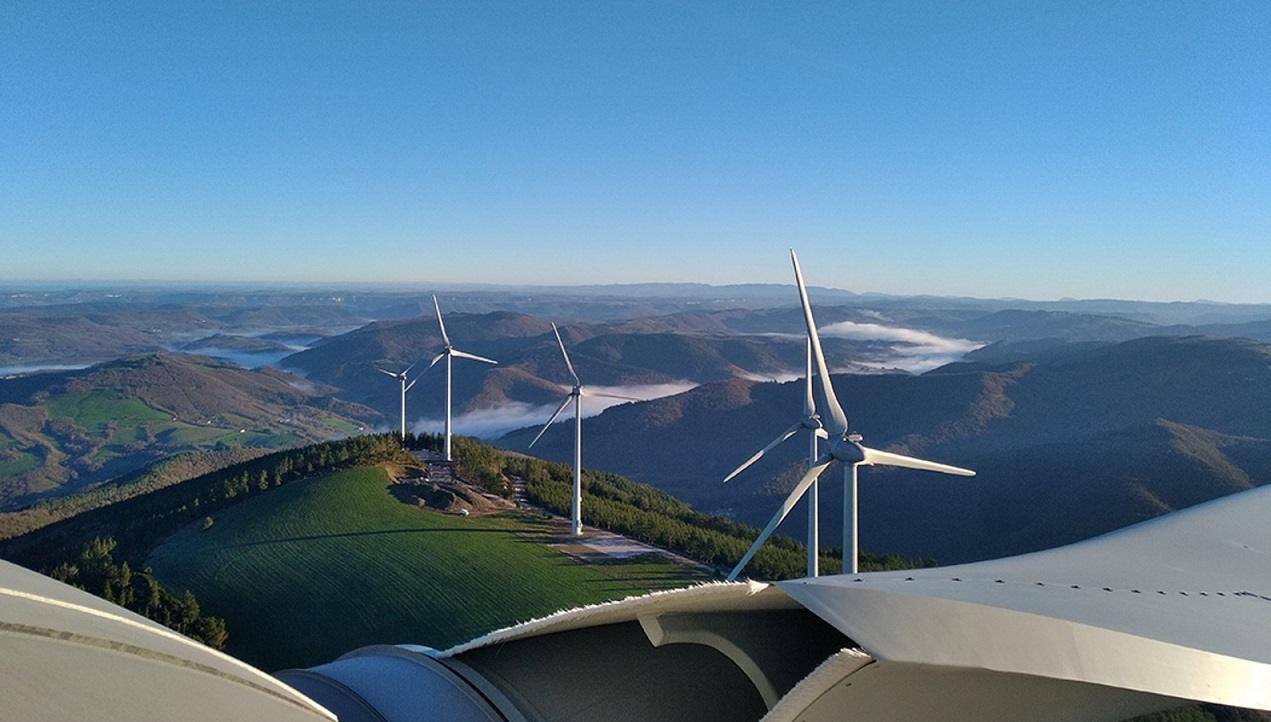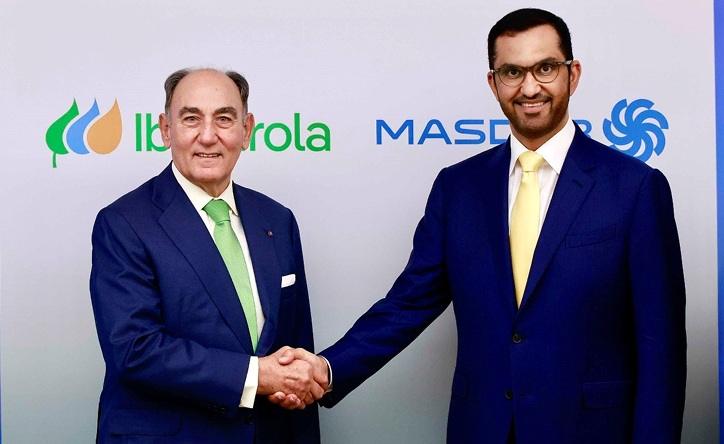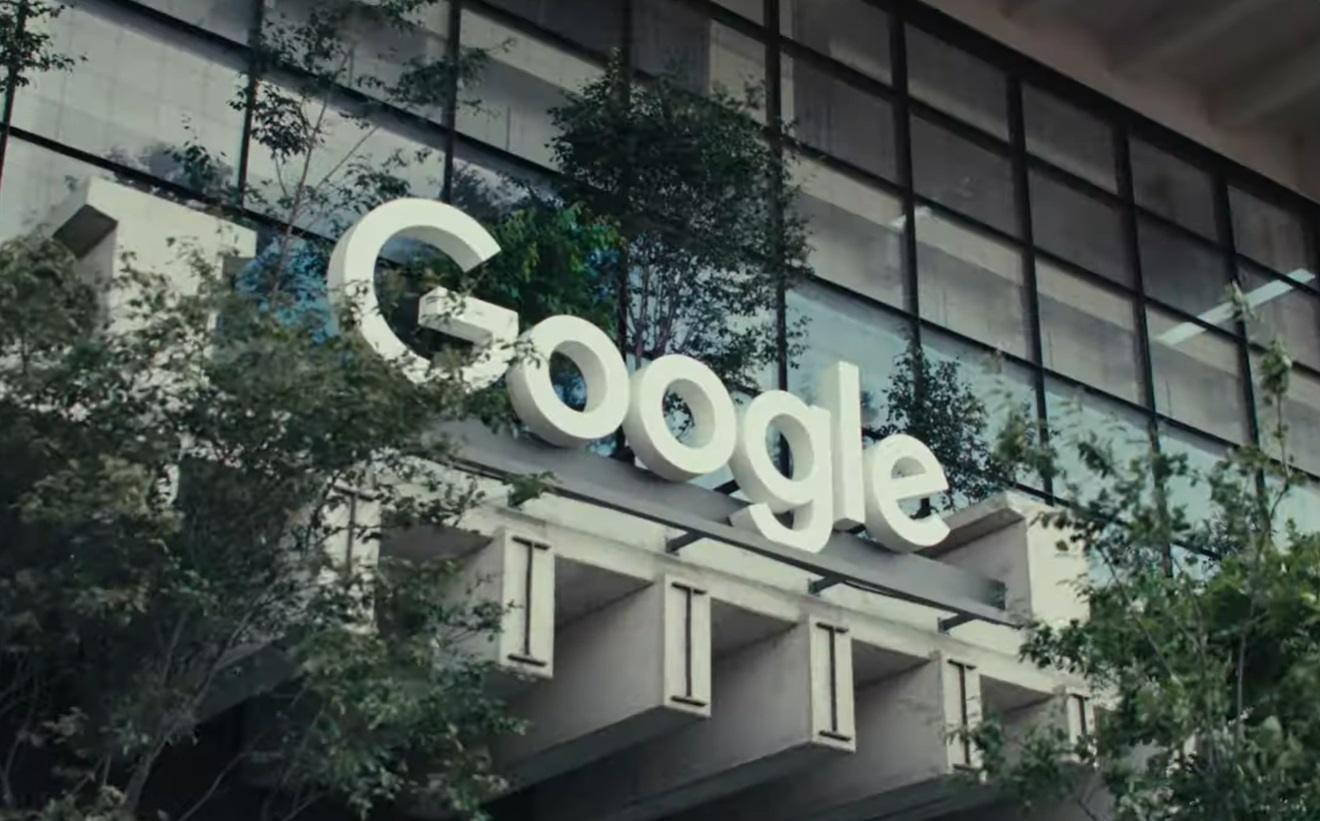Google Signs Deal with ENGIE for 24/7 Carbon Free Energy to Power German Operations
Tech giant Google and power company ENGIE announced today a new 3-year agreement for the supply of solar and wind-generated renewable energy to power Google’s operations in Germany.
According to the companies, the agreement marks the first of its kind in Europe, for guaranteed 24/7 carbon free power from wind and solar generation on an annual basis. Under the terms of the deal, ENGIE will supply Google with 140 MW of renewable electricity, assembling and negotiating an energy portfolio to ensure that all its German operations are nearly 80% carbon-free by 2022.
The new agreement adds to the collaboration between the two companies, which includes an ongoing 5-year power purchase agreement in Belgium for renewable power supply from an offshore wind project, and another renewable energy supply deal in the Netherlands.
Paulo Almirante, Senior Executive Vice President in charge of Renewable and Global Energy Management activities at ENGIE, said:
“This contract illustrates how ENGIE developed innovative solutions to meet its customers’ specific needs: the Group can ensure 24/7 renewable energy supply either by building assets or by sourcing the power from different existing plants, thanks to its global energy management activities.”
According to Google, the new agreement will help the company achieve its goal, announced last year, to run its entire business on carbon-free energy by 2030. The deal follows the announcement last week by Google and international organization SEforALL of plans to establish the 24/7 Carbon-free Energy Compact, looking to create a global coalition of companies, governments, and stakeholders interested in the decarbonization of their energy consumption.
Marc Oman, Senior Lead of Data Center Energy and Infrastructure at Google, said:
“Google has been leading the way towards a carbon-free future for over a decade, and as we look forward, our goal of running entirely on 24/7 carbon-free energy around the world by 2030 will require collaboration and partnerships with energy leaders like ENGIE, that are jointly committed to long-term, sustainable energy practices.”





